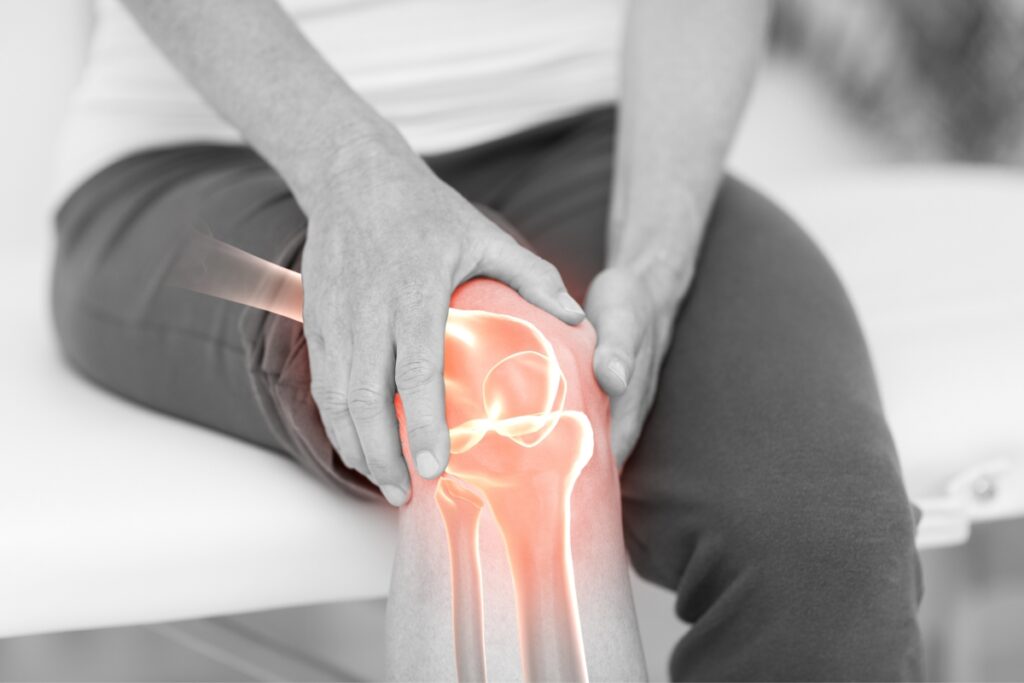
Orthopaedic Surgeon Draws on Personal Experience to Treat Athletes
By Paul J. Watkins
Katherine Bartush, MD, is a fellowship-trained orthopaedic surgeon specializing in sports medicine and foot and ankle surgery. She’s the director of sports medicine at UT Health San Antonio and the official sports medicine surgeon for UTSA Athletics.
Dr. Bartush is a former athlete who began playing soccer at about five years old. “I tried other sports, but soccer was my first love, so I played it right through college.”
Among the most common injuries soccer players suffer is a torn anterior cruciate ligament, or ACL. This ligament helps stabilize the knee joint. Dr. Bartush experienced her first ACL tear in middle school at age thirteen. “I had a couple more tears in high school and one in college. I underwent about five different surgeries between each of my knees and was able to continue playing. I thought one of the orthopaedic surgeons who took care of me when I was thirteen had a really cool job and thought being an orthopaedic surgeon might be a good fit for me.”
Today, Dr. Bartush treats collegiate, amateur, and professional athletes and says her own experiences allow her to relate to her athlete patients in ways that perhaps other orthopaedic surgeons and sports medicine specialists cannot.
“There’s a psychological component that I understand personally. Athletes’ sporting endeavors become part of their identities, and having an injury is devastating to their mental state. They’re no longer part of the team, and they may feel left behind. It changes the way they think of themselves and, in some cases, what that means for their future.”
She’s especially sensitive to her athlete patients’ concerns. “With knee injuries, they want to know if they’ll have the same power and speed they had before the injury. With ACL injuries specifically, they ask, ‘Why did this happen to me?’ ‘Will this happen to my other knee?’
“After surgery, most athletes want to know if the way they’re feeling is the way they’re supposed to feel, and if they’re where they’re supposed to be at a given point in their recovery process. And, of course, they ask, ‘How soon am I going to be cleared to return to play?’ I asked those same questions and had those same concerns when I experienced my knee injuries, so I empathize with my athletes and spend a lot of time listening to them and reassuring them that they can return to their sports and be competitive.
“Several months down the road, they say to me, ‘Thank you so much. You understood not just my knee or my shoulder, but you got me through this whole process.’ It takes more than just a surgery and physical therapy to recover. That’s where I feel I have a unique skill set in comparison to orthopaedic surgeons who may not have had experience as a competitive athlete.”
Dr. Bartush no longer plays soccer. Now, she’s a member of a tennis team. “I like it because it gets me outside and active, and I’ve met some really wonderful women. It’s just competitive enough to keep that drive and fun streak alive, and my chances of getting hurt playing tennis are a whole lot less than they are playing soccer.”
The Texas native says a career in orthopaedic surgery continues to suit her. “It’s very gratifying to see someone go from a really low day to a really high day, having their injury behind them and going on to succeed at whatever they like to do,” Dr. Bartush concludes. “Today, I got a text from a high school athlete’s mom saying her child is back to playing after two foot surgeries. That makes my day.”
For more information or to make an appointment, please visit UTHealthCare.org/Ortho.


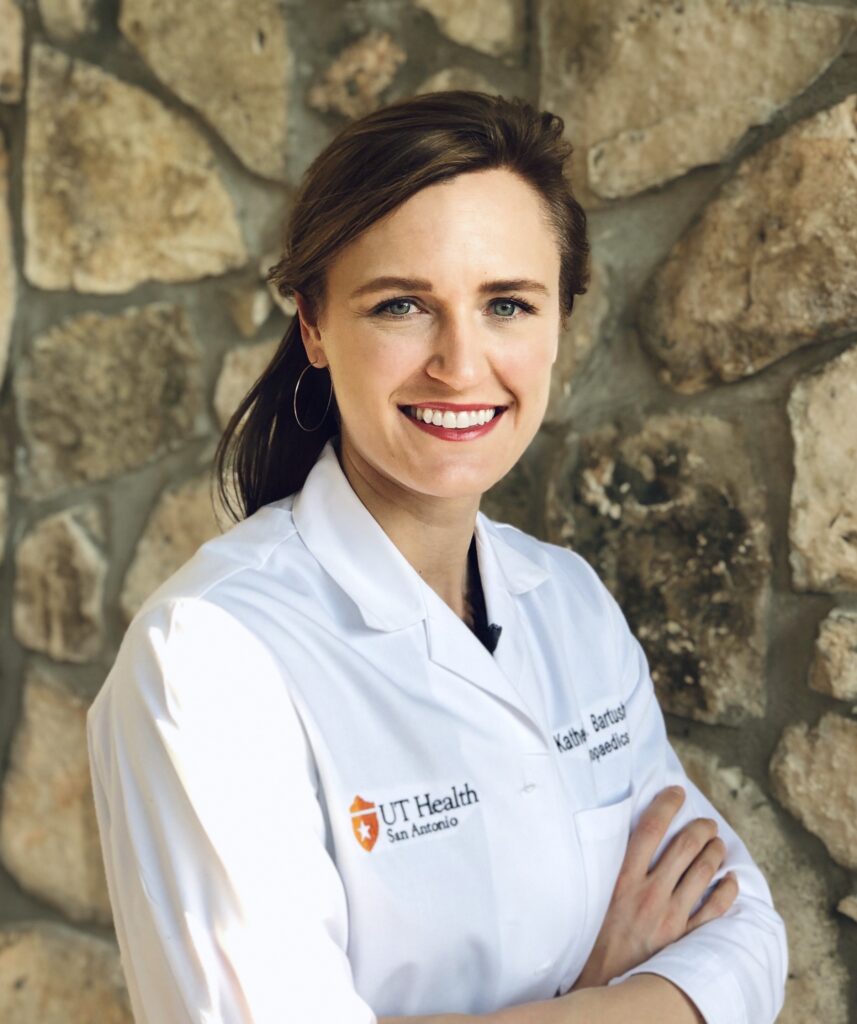




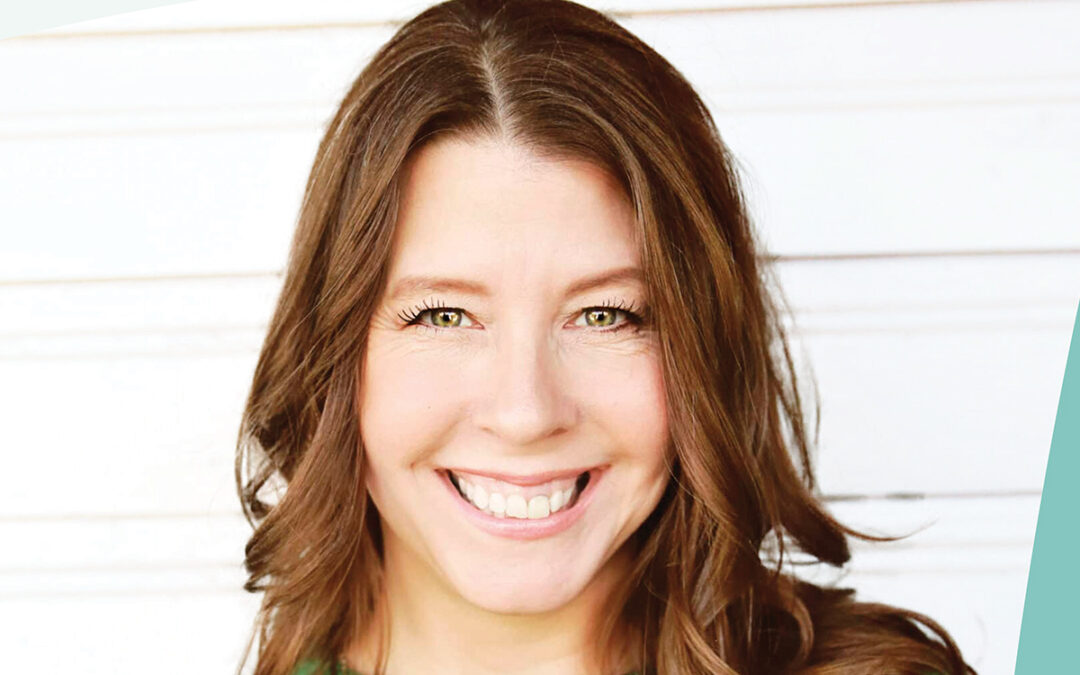
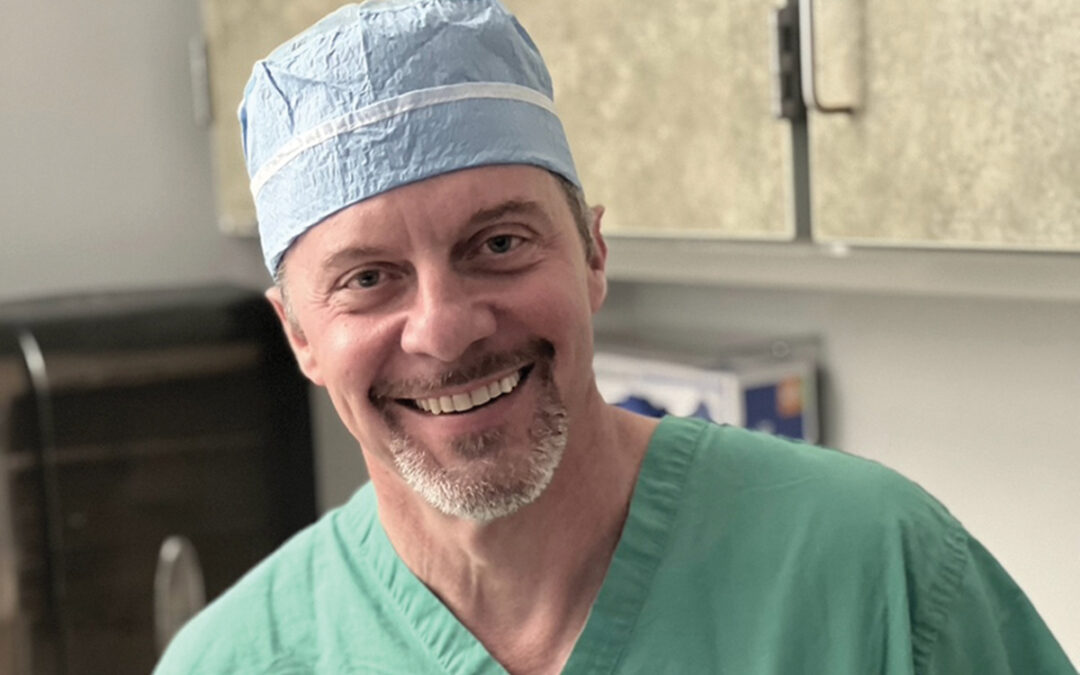
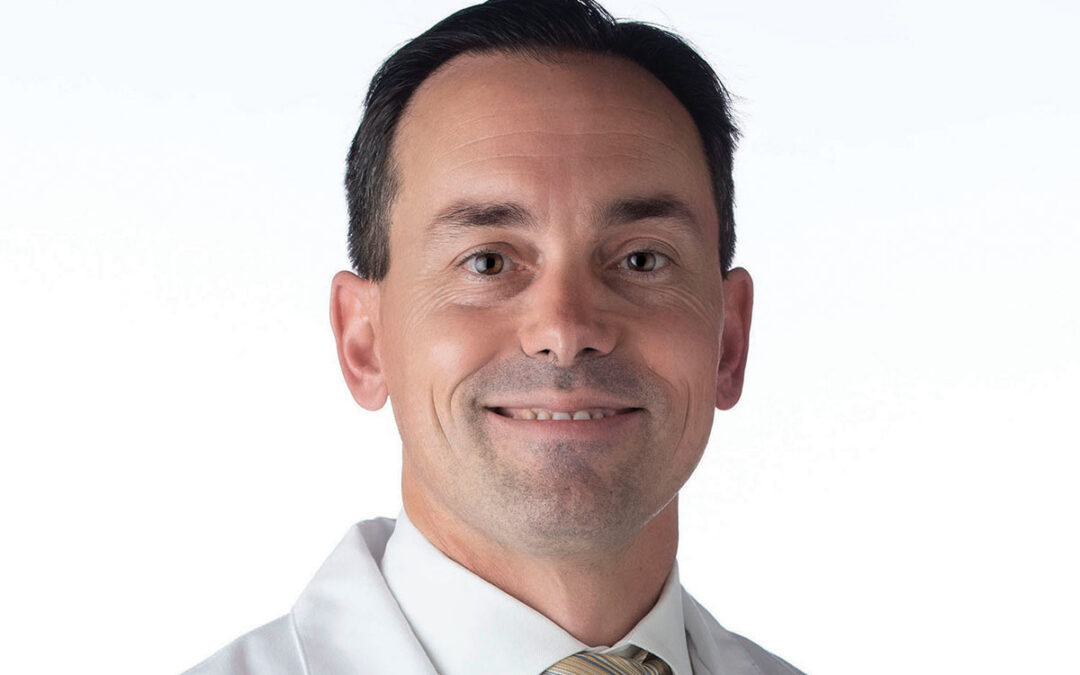
0 Comments